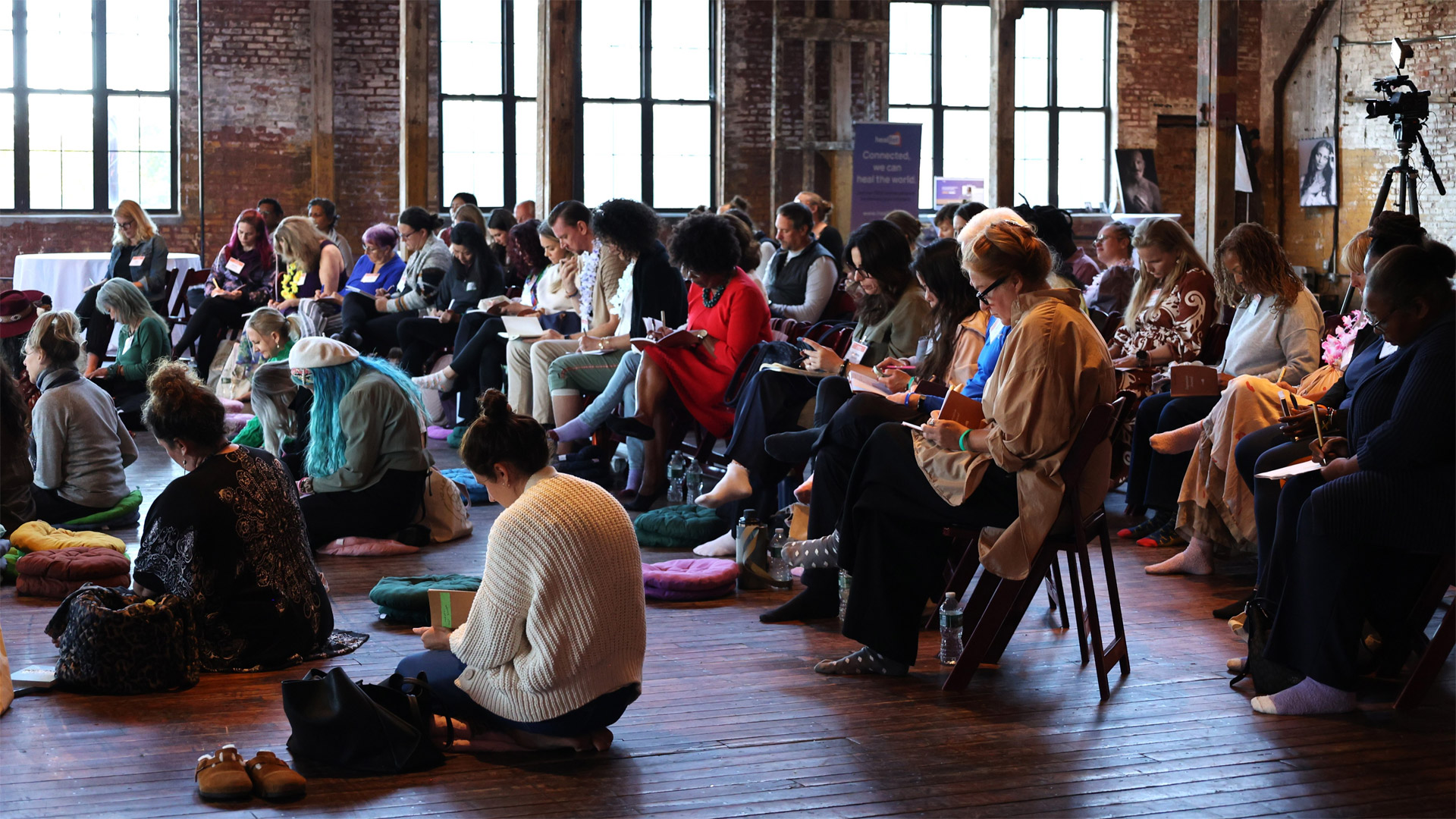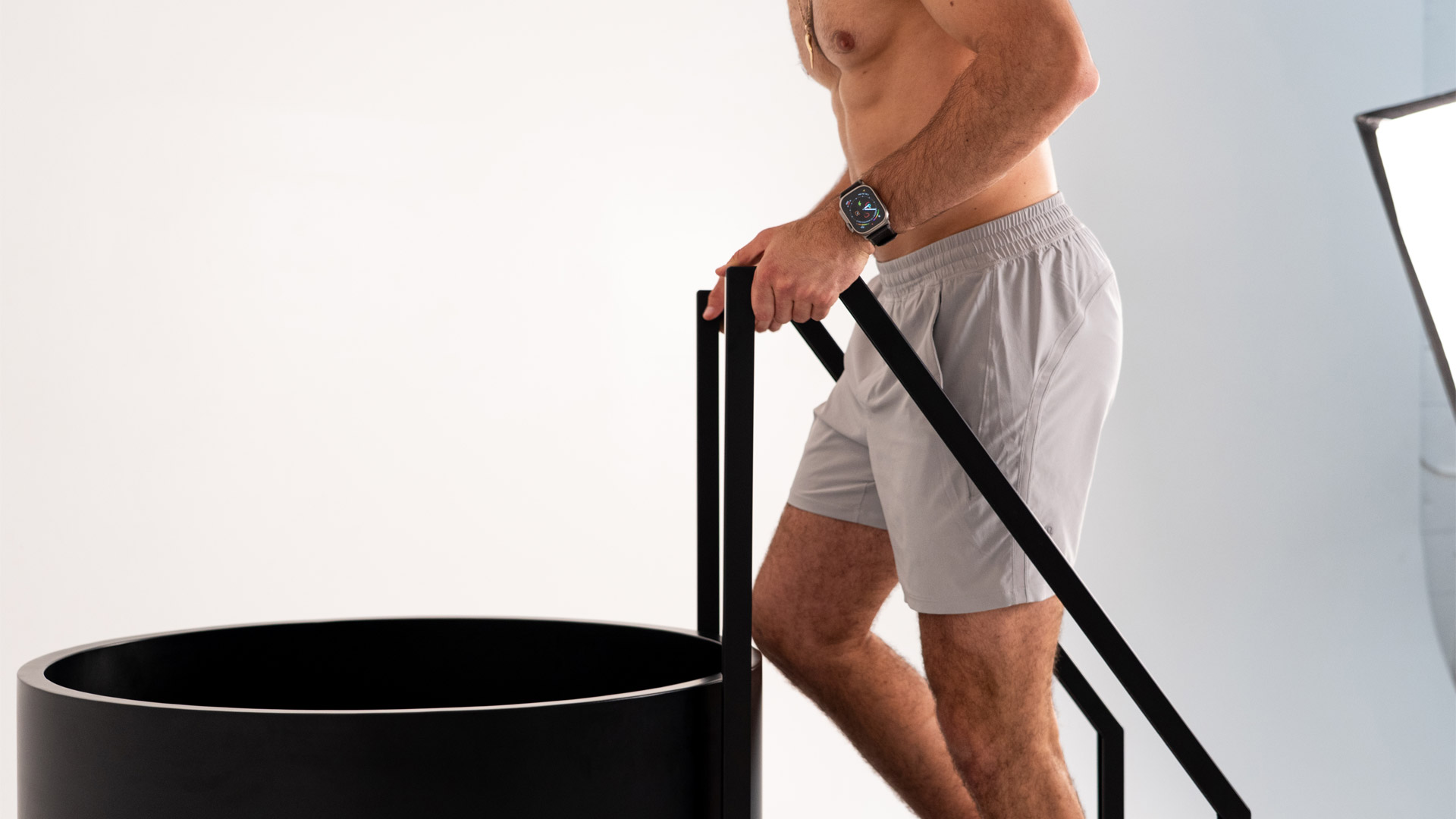All Categories

Fitness enthusiasts increasingly gravitate toward experienced-based movement over traditional workouts. Many clients who once enjoyed standard weight training seek new experiences like marathons, Hyrox competitions, or obstacle courses. This shift presents a challenge and an opportunity for fitness coaches who must adapt their programs to meet these preferences.
Experiential coaching emerges as a powerful approach to address this transition. By immersing clients in active, realistic situations that simulate their target events, coaches can provide more effective and engaging training experiences. This methodology allows clients to develop practical skills and build confidence through direct, novel experiences, which creates a stronger foundation for success in their fitness pursuits.
At its core, experiential coaching involves immersing clients directly into active, realistic situations. Clients learn best by doing, not just by theory. Explaining how to perform tasks like climbing ropes or handling race-day anxiety seldom guarantees successful outcomes. Instead, clients must repeatedly practice actions until their bodies memorize them.
Kolb’s Experiential Learning Theory supports this approach. The cycle begins with concrete experiences, reflection, conceptualization, and experimentation.
Imagine teaching someone tennis: You don’t just describe swings; you guide clients through each motion repeatedly. In experiential coaching, each session moves beyond theoretical instruction into physical practice.
That repeated action develops real confidence clients carry forward.
Experiential coaching requires elaborate setups or complex changes. In reality, you can start with simple adjustments. Try role-play, emotional storytelling, or hands-on physical tasks in your sessions. These easy-to-approach activities create meaningful physical and emotional shifts for clients.
Teach them obstacle climbing techniques outdoors rather than merely explaining them in a gym. Clients physically encountering obstacles experience authentic challenges. Their initial discomfort is normal, even beneficial.
After each practical exercise, take time to unpack what happened. Debrief with questions about feelings, struggles, and insights clients encountered. This reflective stage matters even more than the exercise itself. You help clients articulate their experiences clearly, cementing lessons learned.
Clients who train for experiential events such as Hyrox or marathons need physical readiness and mental stamina. Are you unsure if your current methods can adequately prepare your clients? Experiential coaching addresses precisely these doubts.
Instead of conventional endurance training alone, introduce specific event simulations. Replicate race-day conditions, like fatigue and unfamiliar obstacles. Clients practicing scenarios similar to the actual event enter race day prepared physically and mentally. It is through realistic preparation that experiential coaching builds authentic confidence.
As you plan experiential sessions, identify important or difficult settings relevant to your client’s goals.
Let’s say your client is nervous about unfamiliar terrain. You can schedule practice runs on similar surfaces. By coaching in contexts closely mirroring race conditions, you ensure direct skill transfer, drastically improving your clients’ event-day performance and comfort.
The big question is: Can experiential coaching genuinely boost your business? Clients today want memorable and impactful training experiences. By clearly promoting your experiential methods, you naturally differentiate your services.
Showcase client success stories online through newsletters, blogs, or social media. Brief videos demonstrating obstacle practice or emotional breakthroughs resonate deeply with potential clients. Consider each memorable training session as a marketing asset. Clients satisfied with immersive experiences frequently recommend your services, significantly boosting referrals.
Memorable experiences create loyal clients. Consistently delivering powerful, practical sessions ensures ongoing growth and client retention.
Marathons, obstacle courses, and competitive fitness events continue to draw participants away from conventional gym routines. Coaches who adapt their methods to prepare clients for these physical challenges position themselves advantageously in today’s fitness market. Their approach delivers measurable results while creating memorable experiences that naturally differentiate the professional from the status quo.
Clients remember how they feel conquering each challenge. These moments stick with them, prompting recommendations to friends and social media followers. Experiential coaching creates a feedback loop of success as clients perform better in their events, build confidence, and deepen loyalty, which leads to an expanded client base.
About Robert James Rivera
Robert is a full-time freelance writer and editor specializing in the health niche and its ever-expanding sub-niches. As a food and nutrition scientist, he knows where to find the resources necessary to verify health claims.
Powering the Business of Health, Fitness, and Wellness Coaching

By Elisa Edelstein

By Jessica Maurer

By Robert James Rivera

By Robert James Rivera

By Elisa Edelstein

By Elisa Edelstein

Powering the Business of Health, Fitness, and Wellness Coaching
